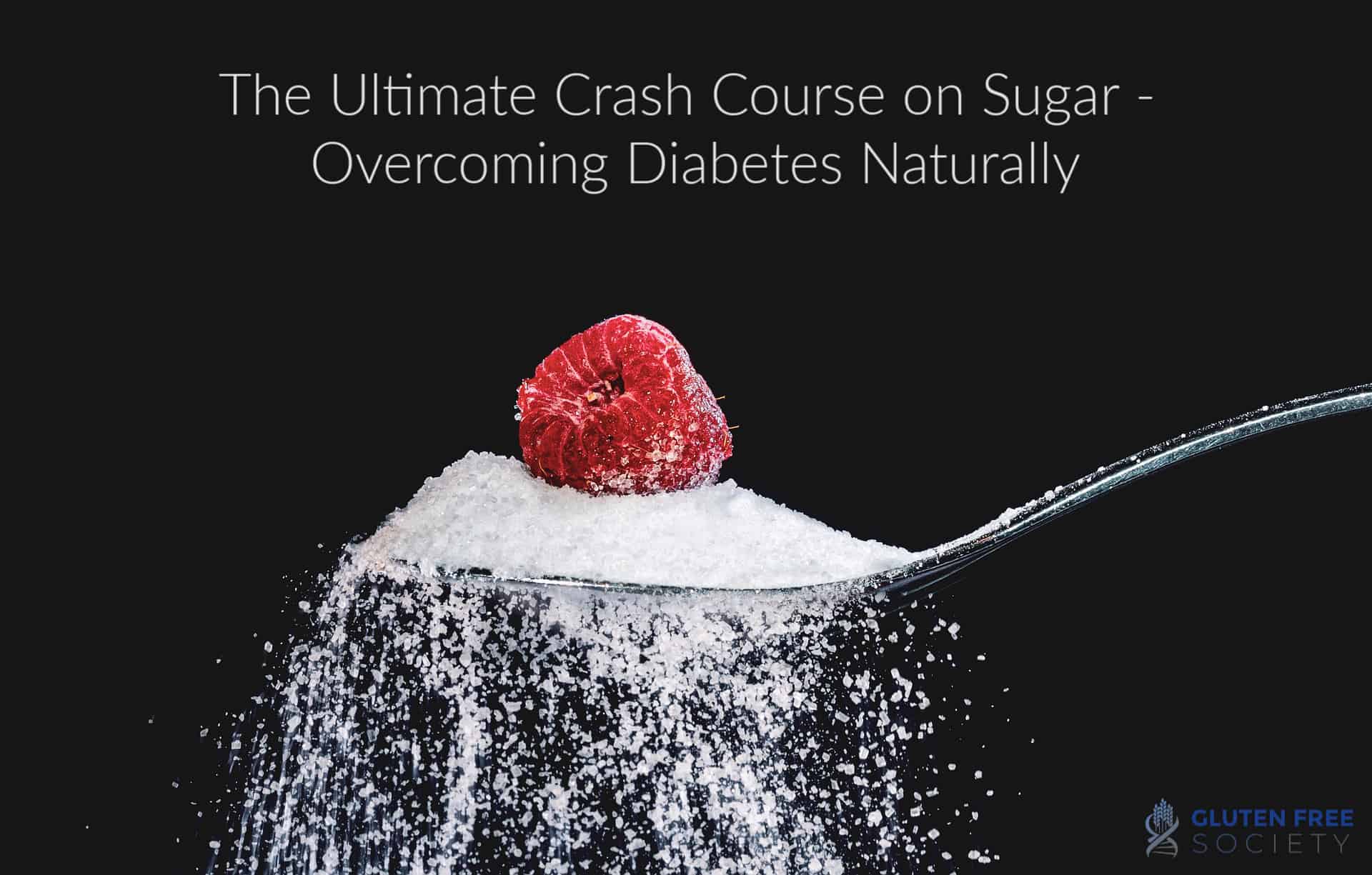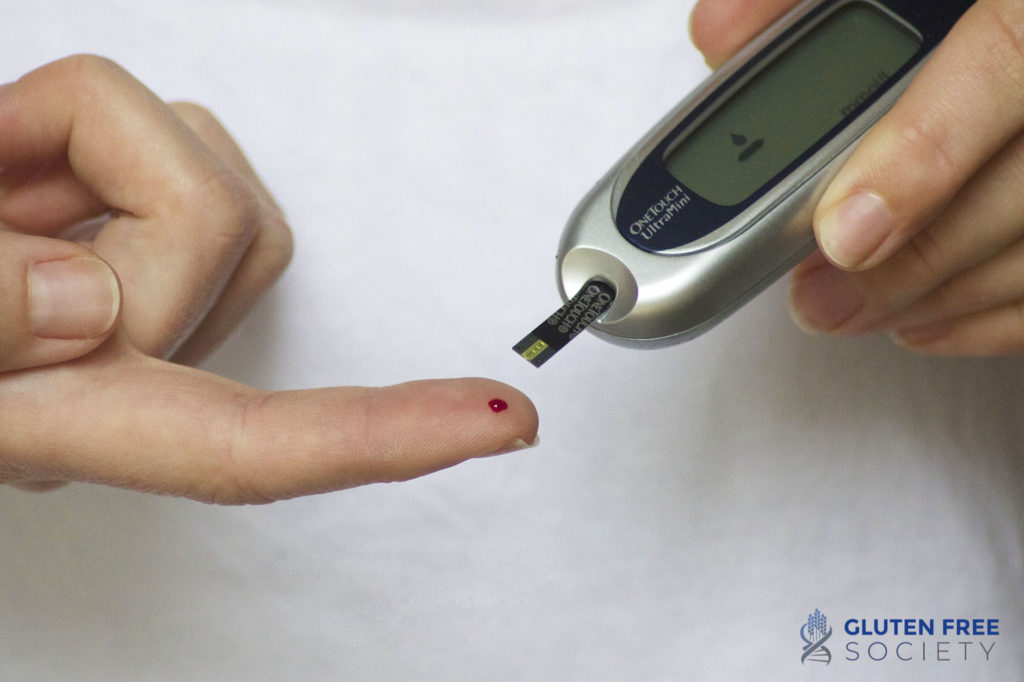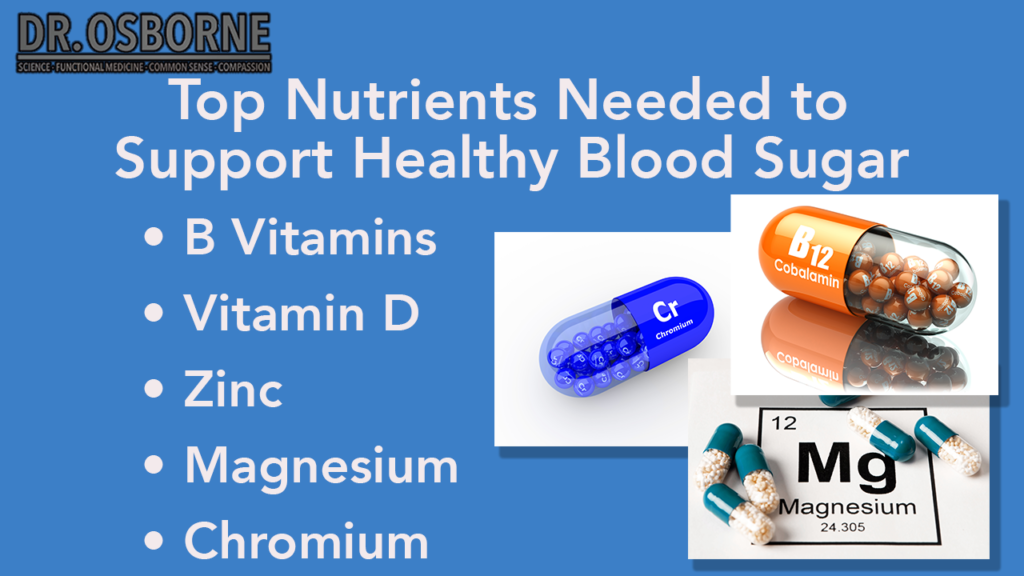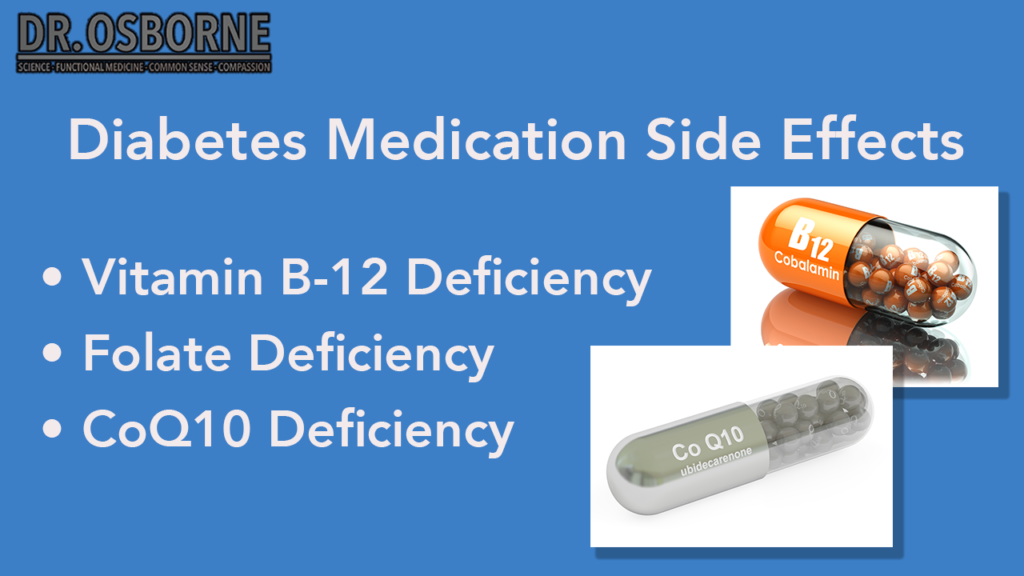new to the gluten free journey?
new to the gluten free journey?


Contents
Toggle If experiencing the symptoms above, it is best to seek a medical professional to perform testing. Glucose and hemoglobin are the two most common tests to measure blood glucose levels. While most doctors will say that a glucose range of 70-110 is good, ideally, it should really be closer to 60-90. An ideal marker for the hemoglobin A1C test is 5.0.
In addition to these tests, a doctor may suggest a triglycerides test as these tend to be elevated when blood sugar is too high. Triglycerides are simply fat in the bloodstream that increases with excess sugar because the body converts sugar not needed for energy production into fat. Doctors will recommend staying below 150 on triglyceride tests, but individuals should stay under 75 to avoid metabolic or pre-metabolic syndrome and pre-diabetes.
If experiencing the symptoms above, it is best to seek a medical professional to perform testing. Glucose and hemoglobin are the two most common tests to measure blood glucose levels. While most doctors will say that a glucose range of 70-110 is good, ideally, it should really be closer to 60-90. An ideal marker for the hemoglobin A1C test is 5.0.
In addition to these tests, a doctor may suggest a triglycerides test as these tend to be elevated when blood sugar is too high. Triglycerides are simply fat in the bloodstream that increases with excess sugar because the body converts sugar not needed for energy production into fat. Doctors will recommend staying below 150 on triglyceride tests, but individuals should stay under 75 to avoid metabolic or pre-metabolic syndrome and pre-diabetes.
 Throughout the whole process of energy production from the creation of insulin to the break down of sugar, several vitamins and minerals are required. Without them, these processes will not work, ultimately, impacting the functioning of the body. These include:
Throughout the whole process of energy production from the creation of insulin to the break down of sugar, several vitamins and minerals are required. Without them, these processes will not work, ultimately, impacting the functioning of the body. These include:
 Whether blood sugar is too high or too low, it can be controlled through food input. One of the most glucose-driving foods is grain, followed by dairy and sugar. With a diet high in these foods, it is extremely difficult to control blood sugar levels.
Caffeine can also stimulate an elevation in glucose by prompting the liver to produce or release glucose into the bloodstream, creating a sort of “sugar high.” Similarly, stress also forces glucose into the bloodstream, and once there, the body must activate its cycle to get rid of it. While not all stress can be controlled, taking steps like getting more sleep and exercise, and setting boundaries with friends and family can help reduce it.
Whether blood sugar is too high or too low, it can be controlled through food input. One of the most glucose-driving foods is grain, followed by dairy and sugar. With a diet high in these foods, it is extremely difficult to control blood sugar levels.
Caffeine can also stimulate an elevation in glucose by prompting the liver to produce or release glucose into the bloodstream, creating a sort of “sugar high.” Similarly, stress also forces glucose into the bloodstream, and once there, the body must activate its cycle to get rid of it. While not all stress can be controlled, taking steps like getting more sleep and exercise, and setting boundaries with friends and family can help reduce it.
 With such an impact on the body, it should be no surprise that elevated blood glucose levels can cause several conditions and diseases, including:
With such an impact on the body, it should be no surprise that elevated blood glucose levels can cause several conditions and diseases, including:
Stay up-to-date with the latest articles, tips, recipes and more.

*These statements have not been evaluated by the Food and Drug Administration. This product is not intended to diagnose, treat, cure or prevent any disease.
If you are pregnant, nursing, taking medication, or have a medical condition, consult your physician before using this product.
The entire contents of this website are based upon the opinions of Peter Osborne, unless otherwise noted. Individual articles are based upon the opinions of the respective author, who retains copyright as marked. The information on this website is not intended to replace a one-on-one relationship with a qualified health care professional and is not intended as medical advice. It is intended as a sharing of knowledge and information from the research and experience of Peter Osborne and his community. Peter Osborne encourages you to make your own health care decisions based upon your research and in partnership with a qualified health care professional.
2 Responses
Hi!
I am vegan for animal welfare reasons. Are your supplements vegan? Also, are the ingredients sourced in USA 🇺🇸?
Thanks for all you do!
Many of our products are vegan. Each individual product will disclose that information. Many of our ingredients are US sourced, and many are European sourced. Depends on the specific ingredient.